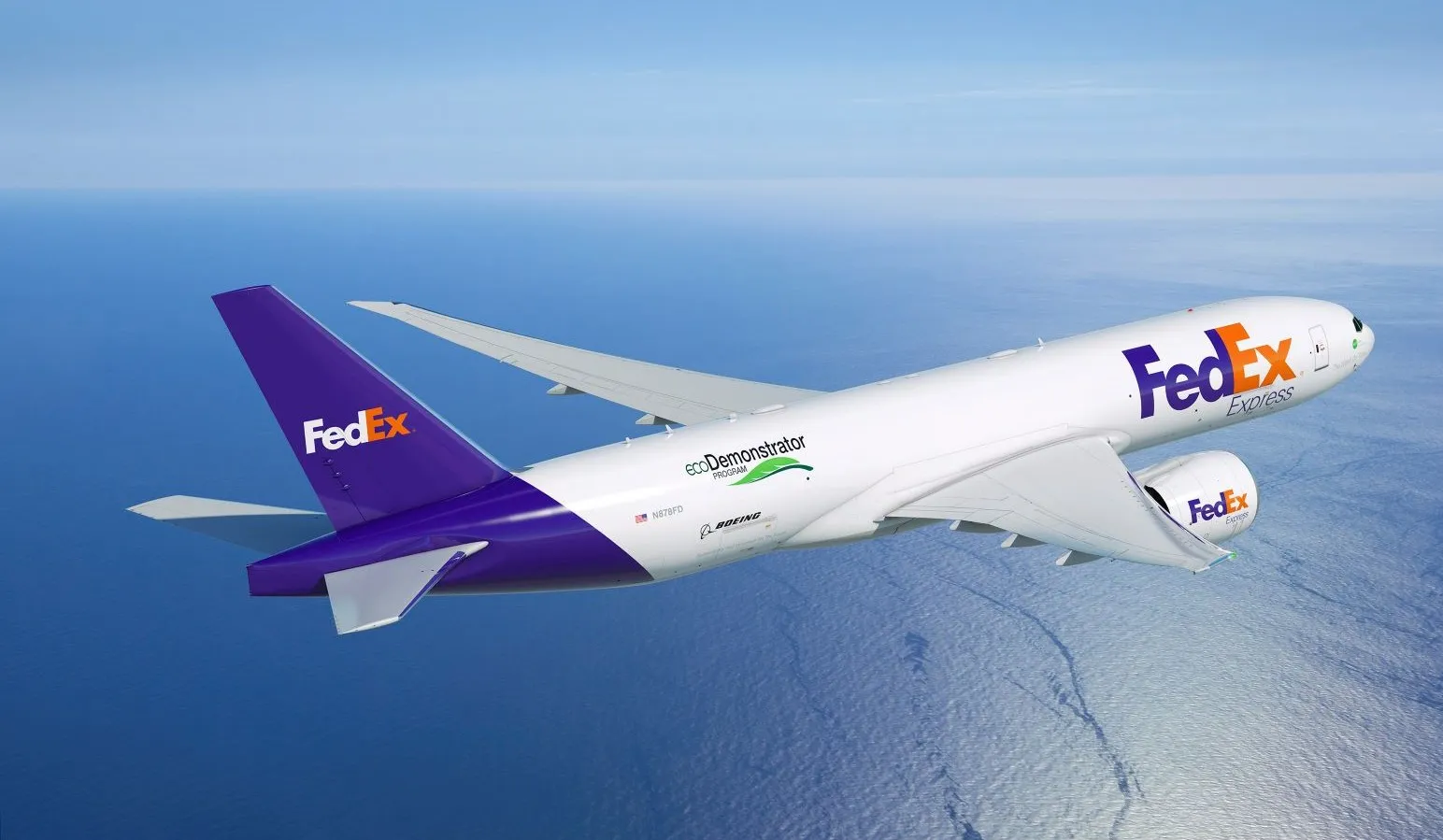
Boeing sets ambitious eco targets
Jan 23, 2021

Boeing has announced a series of ambitious environmental targets aimed at significantly reducing its carbon footprint and enhancing sustainability across its operations. The company plans to achieve net-zero greenhouse gas emissions by 2050, focusing on innovative technologies and sustainable aviation fuels to drive this transformation. Boeing is also committed to improving the efficiency of its manufacturing processes and supply chain management to minimize waste and energy consumption. By investing in research and development, Boeing aspires to lead the aerospace industry in environmental stewardship, aligning its goals with global efforts to combat climate change and promote a greener future.
Boeing, a leader in the aerospace industry, has recently announced an ambitious set of eco targets aimed at reducing its carbon footprint and promoting sustainable aviation practices. These targets reflect Boeing's commitment to environmental stewardship and its role in addressing global climate challenges. The company's initiatives are not only focused on improving operational efficiencies but also on advancing innovative technologies and sustainable fuels. Below, we explore the key aspects of Boeing's eco targets and the strategies they are implementing to achieve these goals.
Commitment to Carbon Neutrality
Boeing has set a goal to achieve carbon neutrality by 2050. This target aligns with the broader industry aim of reducing greenhouse gas emissions as part of the Paris Agreement. To support this ambitious objective, Boeing is investing in research and development of sustainable aviation fuels (SAF), which are crucial for reducing the carbon intensity of air travel.
Investment in Sustainable Aviation Fuels (SAF)
One of the key components of Boeing's eco strategy is the extensive investment in the production and utilization of sustainable aviation fuels. SAF can reduce lifecycle carbon emissions by up to 80% compared to traditional jet fuels. Boeing is collaborating with various stakeholders, including fuel producers and airlines, to enhance the availability and affordability of SAF.
Through partnerships and collaborations, Boeing aims to scale up the production of SAF. The following table summarizes some of the ongoing initiatives:
| Initiative | Partner | Goal |
|---|---|---|
| SAF Production | World Energy | Increase SAF supply and reduce costs |
| Research Collaboration | NASA | Develop advanced fuel technologies |
| Airline Partnerships | United Airlines | Operationalize SAF for commercial flights |
Advancements in Aircraft Design
In addition to investing in sustainable fuels, Boeing is also focused on designing aircraft that are more efficient and environmentally friendly. The company is leveraging advanced materials and technologies to reduce weight and improve aerodynamics, thereby enhancing fuel efficiency.
The transition to electric and hybrid-electric propulsion systems is another cornerstone of Boeing's eco strategy. These technologies promise to significantly cut down emissions and noise pollution. Boeing is actively working on several projects to explore the feasibility of these innovative solutions.
Engagement with Stakeholders
Boeing recognizes that achieving its eco targets requires collaboration across the entire aviation ecosystem. The company is engaging with governments, regulatory bodies, and environmental organizations to establish supportive policies that facilitate the transition to a more sustainable aviation sector.
Public awareness and community engagement are also critical components of Boeing's strategy. The company is involved in various outreach programs to educate the public about the importance of sustainability in aviation and to promote eco-friendly practices among its stakeholders.
Monitoring and Reporting Progress
To ensure transparency and accountability, Boeing is committed to regularly reporting its progress toward its eco targets. The company has established metrics to evaluate its sustainability initiatives and track reductions in carbon emissions. This systematic approach allows Boeing to adapt its strategies based on real-time data and stakeholder feedback.
Conclusion: A Greener Future for Aviation
Boeing's ambitious eco targets represent a significant step forward in the aviation industry's quest for sustainability. By investing in sustainable aviation fuels, advancing aircraft design, and fostering collaboration with stakeholders, Boeing is positioning itself as a leader in the transition to a greener future. The company's commitment to carbon neutrality by 2050 is not just a goal but a catalyst for change within the industry.
As Boeing continues to innovate and lead, the hope is that these initiatives will inspire other companies in the aerospace sector to adopt similar sustainability practices, ultimately contributing to a more sustainable world.
Related Articles

Explore Thailand: The Best Islands to Visit for Paradise, Adventure, and Relaxation

The Ultimate Guide to the Best Islands in Thailand for Your Next Getaway

Do babies need passports? How to get a passport for a newborn

How to get a U.S. passport fast: here’s how to expedite the process

What is Mobile Passport Control: 5 reasons why you should use it

SENTRI vs. Global Entry: A detailed guide

Do you need a passport to go to the Bahamas? Let’s find out

Do you need a passport to go to Mexico? A detailed guide

Do you need a passport to go to Canada? We got the answer

Do You Need a Passport for a Cruise: An Essential Travel Guide

Booster Seat Requirements: All the Rules to Follow in Your Rental Car

What Are the World’s Most Powerful Passports, and How Does Yours Rank?

How to Take a Passport Photo at Home: A Helpful Guide

You've got to have heart! Southwest's new livery

Your opinion: Should water be free on low cost carriers?

Young women bolder than guys as solo travellers
